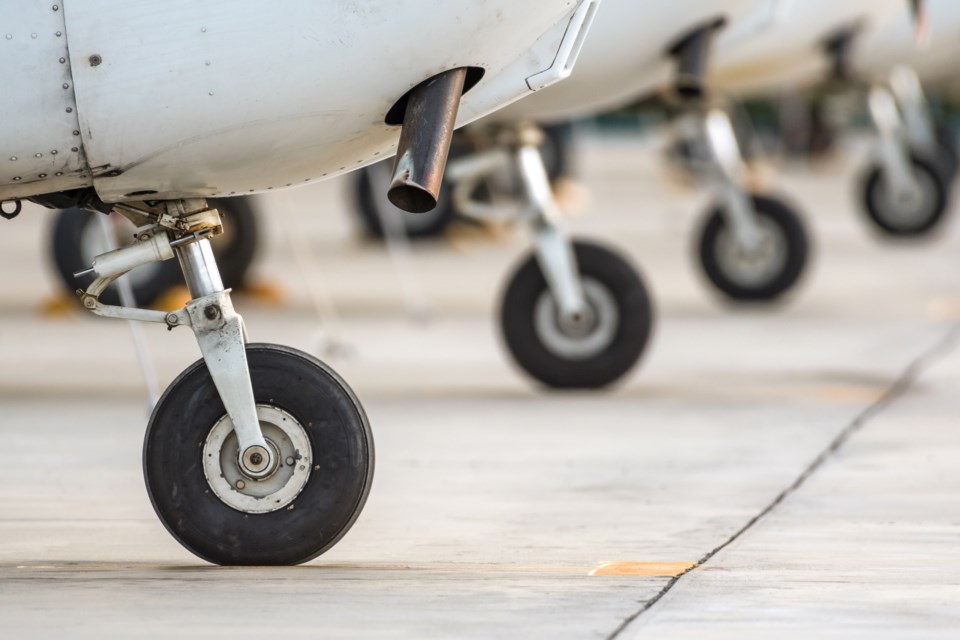While the United States was once a top travel destination for Canadians looking for sunshine, shopping, and seasonal escapes, those travel patterns are changing.
According to Laurie Leonard, a senior corporate travel agent with Enjoy Travel in Timmins, American destinations just aren’t drawing the same crowds anymore.
“I have noticed that my flights and stuff, even to Miami, Orlando, are not what it used to be. It's on a decline,” Leonard told TimminsToday.
Leonard, who’s been in the business for 25 years, said U.S. politics are a factor.
“When things started to go sideways with Trump being re-elected … and then when there was mention of tariffs, a lot of people took a step back,” she said.
“There seems to be a fear of tariffs. Just going to the States all in itself, the difference in the money, the safety issues, people just don’t have the same feelings they used to.”
Statistics Canada data show that in April, an estimated 4.5 million international arrivals — both returning Canadian residents and non-residents — entered Canada by air and automobile, marking a 15.2 per cent decrease compared to April 2024. It’s the third straight month of year-over-year declines.
Canadian-resident return trips from the U.S. by automobile fell to 1.2 million in April, a 35.2 per cent decrease compared to the same month in 2024. It marked the fourth consecutive month of year-over-year declines.
Leonard said she’s seen clients cancel pre-booked trips to the U.S. over what she calls a growing sense of uncertainty.
Concerns range from fluctuating exchange rates to fears over border restrictions, particularly among snowbirds.
“One couple I had was concerned about talk that seasonal travellers would need to fill out extra forms and pay a new kind of tax. They just said no, we’re not going to start paying extra fees,” she said.
“People I know have sold their mobile homes and aren’t going back to the States to spend their winters like they were.”
Leonard said she’s had virtually no bookings for U.S. flights in the last two months, a dramatic change from past years.
Instead, Canadians are looking elsewhere. Cruises, European getaways, and domestic trips are all on the rise.
“It’s been a crazy, crazy season as far as destinations,” she said.
“I’ve had a lot of demand for cruises, and even more people are looking to travel within Canada. One family chose Lake Louise over a road trip in the States. The dad told me he’d rather keep his dollars in Canada.”
There’s also a subtle but growing shift in cruise habits. Where many clients once booked voyages out of Miami, more are now opting to sail from Vancouver, avoiding the U.S. altogether.
“An older client said, ‘What if we travel to the States and then we can’t get back into Canada?’ It’s the unknown. Trump comes up with the craziest stuff on a day-to-day basis. People are afraid of what might happen next,” Leonard said.
While U.S. bookings are at a standstill, Leonard has also noticed a resurgence in another corner of the travel industry: the return of the travel agent.
“For a while, I saw younger people booking everything themselves online. But now they’re realizing that if something goes wrong, they’re on their own. Some of those sites are U.S.-based, and people don’t want to deal with that anymore,” she said.
“Now they’re coming back to the office, saying, ‘I want a real person. I want someone to help me if something goes wrong.’”
Leonard believes it would take a major political shift to reverse the current U.S. travel trend.
“For Trump not to be the president of the U.S., that’s what it would take,” she said. “People are just scared.”
